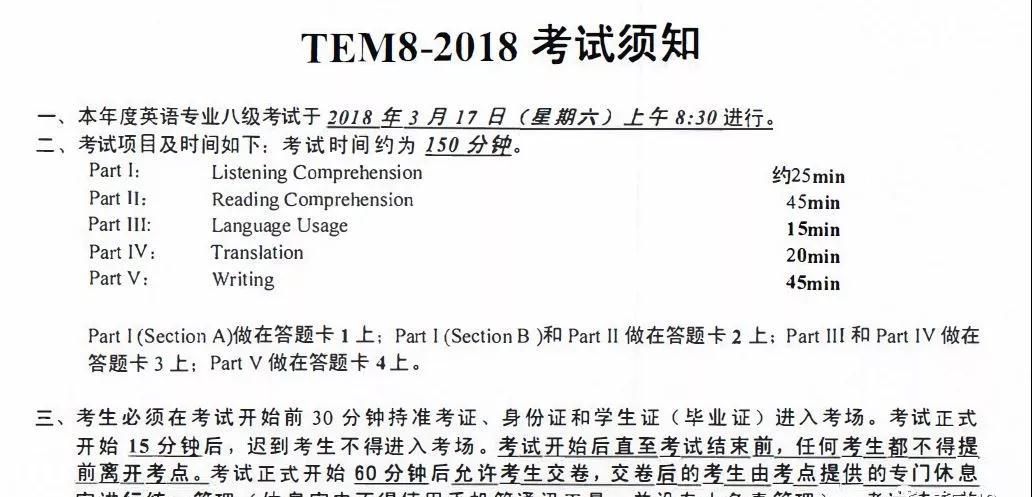GMAT考试写作指导:Issue写作范文六一
|
61. I agree with the statement insofar as government systems of taxation and regulation are, in general, a great burden to business, and I agree that government constraints are needed to prevent serious harms that would result if business were left free in the singular pursuit of profit. However, I think the speaker states the obvious and begs the more relevant question. Is government "at best" a "tremendous burden" on business, as the speaker claims? l think one would be hard-pressed to find any small business owner or corporate CEO who would disagree. Businesses today are mired in the burdens that government has imposed on them: consumer and environmental protection laws, the double-tiered tax structure for C-corporations, federal and state securities regulations, affirmative action requirements, anti-trust laws, and so on. in focusing solely on these burdens, one might well adopt a strict laissez faire view that if business is left free to pursue profit the so- called invisible hand of competition will guide it to produce the greatest social benefit, and therefore that the proper nexus between business and government is no nexus at all. Is government, nevertheless, a "necessary" burden on business, as the speaker also claims? Yes. Laissez faire is an extreme view that fails to consider the serious harms that business would do—to other businesses and to the society—if left to its own devices. And the harms may very well exceed the benefits. In fact, history has shown that left entirely to themselves, corporations can be expected not only to harm the society by making unsafe products and by polluting the environment, but also to cheat one another, exploit workers, and fix prices -all for profit's sake. Thus, I agree that government constraints on business are necessary burdens. Ideally, the government should regulate against harmful practices but not interfere with the beneficial ones. But achieving this balance is not a simple matter. For instance, I know of a business that was forced by government regulation of toxic effluents to spend over $120,000 to clean up an area outside of its plant where employees had regularly washed their hands. The 'toxin' in this case was nothing more than biodegradable soap. This example suggests that perhaps the real issue here is not whether government is a necessary burden on business—for it clearly is—but rather how best to ensure that its burdens don't outweigh its benefits. In sum, the speaker's two assertions are palpable ones that are amply supported by the evidence. The more intriguing question is how to strike the best balance. |








